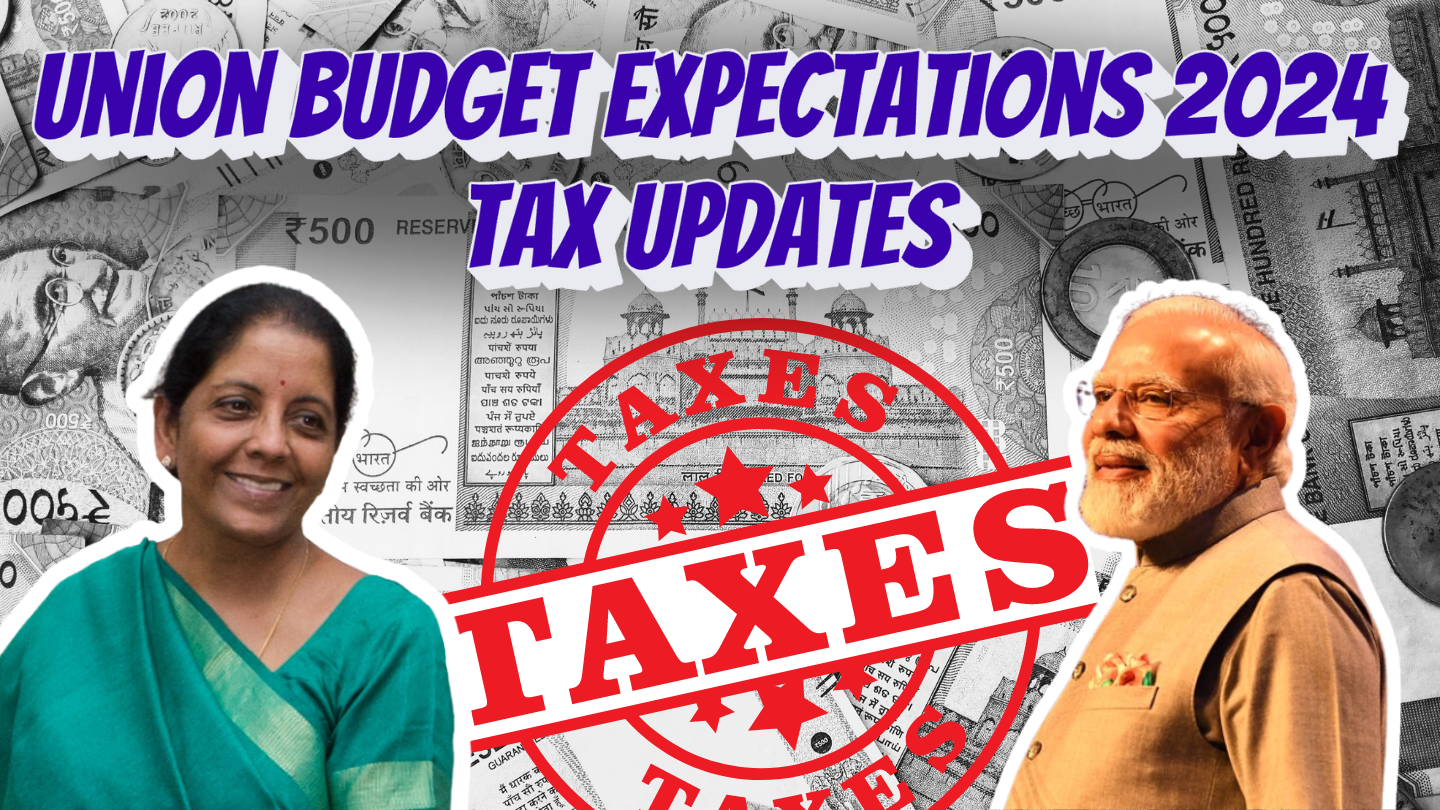#budget2024 – From Developing to Developed India
The 2024 Budget, presented by Finance Minister Nirmala Sitharaman, focuses on fiscal consolidation, infrastructure, agriculture, green growth, and railways. Stay tuned as we break down the relevant key highlights.
While the current budget did not make any changes in the tax regime, the Finance minister announced that over the last 10 years, tax collections have more than doubled. She also pointed out that the average processing time of tax returns was reduced to 10 days this year.
The Fiscal Deficit target for FY25 is set at 5.1 percent of the GDP, surpassing expectations. Additionally, the capex target for FY25 sees an 11.1 percent increase, reaching ₹11.1 lakh crore.
Finance Minister Sitharaman also highlights India’s positive economic transformation over the last decade. The vision for the next 5 years is set on unprecedented development, aiming to achieve developed country status by 2047.
A major focus on infrastructure development is evident with an 11.1 percent increase in the outlay, reaching ₹11.11 lakh crore. This move is expected to have a substantial impact on economic growth and employment.
Significant railway announcements include the conversion of 40,000 rail bogies to Vande Bharat coaches to enhance the safety, convenience, and comfort of passengers. Key rail infrastructure projects including Metro Rail and NaMo Bharat will be expanded to more cities., three major railway corridors, and plans for decongestion to improve passenger train operations
Lakhpati Didi Scheme- FM announced that eighty-three lakh SHGs (self-help groups) with nine crore women are transforming the rural socio-economic landscape with empowerment and self-reliance.
The Lakhpati Didi Scheme aims to empower rural women, with an increased target from 2 crore to 3 crore. This initiative is set to uplift the economic status of rural women and stimulate the rural economy.
Also, through roof top solarisation, 10 million households will be enabled to obtain up to 300 units of free electricity. This will help save up to ₹15,000-18,000 annually for households from free solar electricity and selling the surplus to the distribution companies, noted Sitharaman.
Green Energy- To meet the commitment to ‘net zero’ by 2070, the budget outlines measures such as offshore wind energy funding, coal gasification projects, mandatory blending of compressed biogas, and support for electric vehicles.
The government will expand and strengthen the EV ecosystem by supporting manufacturing and charging infrastructure, the finance minister said. Greater adoption of e-buses for public transport networks will be encouraged through payment security mechanisms, she added.
The budget encourages states to develop iconic tourist centers, establish a rating system, and provide long-term interest-free loans for tourism infrastructure development. This move is expected to boost employment.
“Foreign Direct Investment (FDI) inflow has been robust, reaching $596 billion. The government is actively negotiating bilateral investment treaties to encourage sustained foreign investment.
Technology- A corpus of ₹1 lakh crore, with a 50-year interest-free loan, is established to encourage private sector research and innovation. A new scheme is also launched to strengthen deep-tech technologies for defense.
Healthcare Initiatives- Ayushman Bharat coverage will extend to all Anganwadi and Asha workers, while maternal and child healthcare schemes will be consolidated under a comprehensive scheme.
Housing Initiatives – The PM Awas Yojana (Grameen) will see an additional 2 crore houses built in the next five years, reflecting a sustained commitment to housing for all.
MSME and Skill Development- A comprehensive approach includes training for MSMEs to compete globally, upskilling initiatives, and the establishment of 3,000 new Industrial Training Institutes to enhance the manufacturing sector.
FM declared that more will be done to increase farmers’ incomes and add value to the agriculture industry. Mantri Pradhan 38 lakh farmers have benefited from the Kisan Sampada Yojana, which has also created 10 lakh jobs. Formalisation of Micro Food Processing Enterprises under Pradhan Mantri Yojana has helped sixty thousand people and 2.4 lakh Self-Help Groups establish credit connections.
Key fiscal numbers include a fiscal deficit target of 5.1 percent for FY25, revised down to 5.8 percent for FY24, and a capital expenditure of ₹11.1 lakh crore for FY25.











